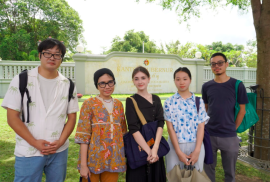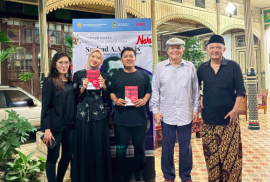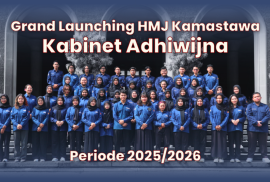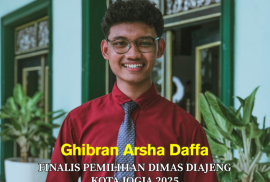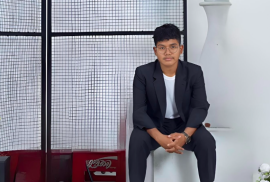Yogyakarta, 22/04/2025 – As part of an effort to deepen understanding of the dynamics of Indonesian politics, Indonesian Culture and Language Study (INCULS) students visited the Yogyakarta Special Region (DIY) DPRD Building and the DIY Governor’s Office. The visit not only provided insight into the legislative and executive processes at the local level, but also implicitly touched on the principles of sustainable development, particularly in terms of inclusive, transparent and accountable governance.
During the visit to the DPRD DIY, INCULS students discussed with the lecturers the role of the legislature in public policy making. They highlighted the importance of community participation in the political process, which is in line with peace processes that emphasize effective, inclusive and transparent governance. At the Governor’s Office, INCULS students had the opportunity to tour and hear about the challenges and strategies of development in Yogyakarta. Topics such as cultural preservation, poverty alleviation, and improving access to education were discussed. The DIY government emphasized the importance of collaboration between academics, communities, and policy makers to achieve sustainable development. Youth and students play a key role in driving innovation and monitoring public policies.
The visit not only enriched students’ understanding of Indonesian politics, but also made them realize that good public policy is the foundation of achieving the SDGs. By understanding the democratic process and governance, INCULS students are expected to become agents of change who promote sustainable development, both locally and globally. Politics is not just about power, but a tool to realize sustainable social and environmental justice. This activity is proof that political education and awareness of sustainable development must go hand in hand to create a better future.
[Public Relation of INCULS, Thareeq Arkan Falakh]

